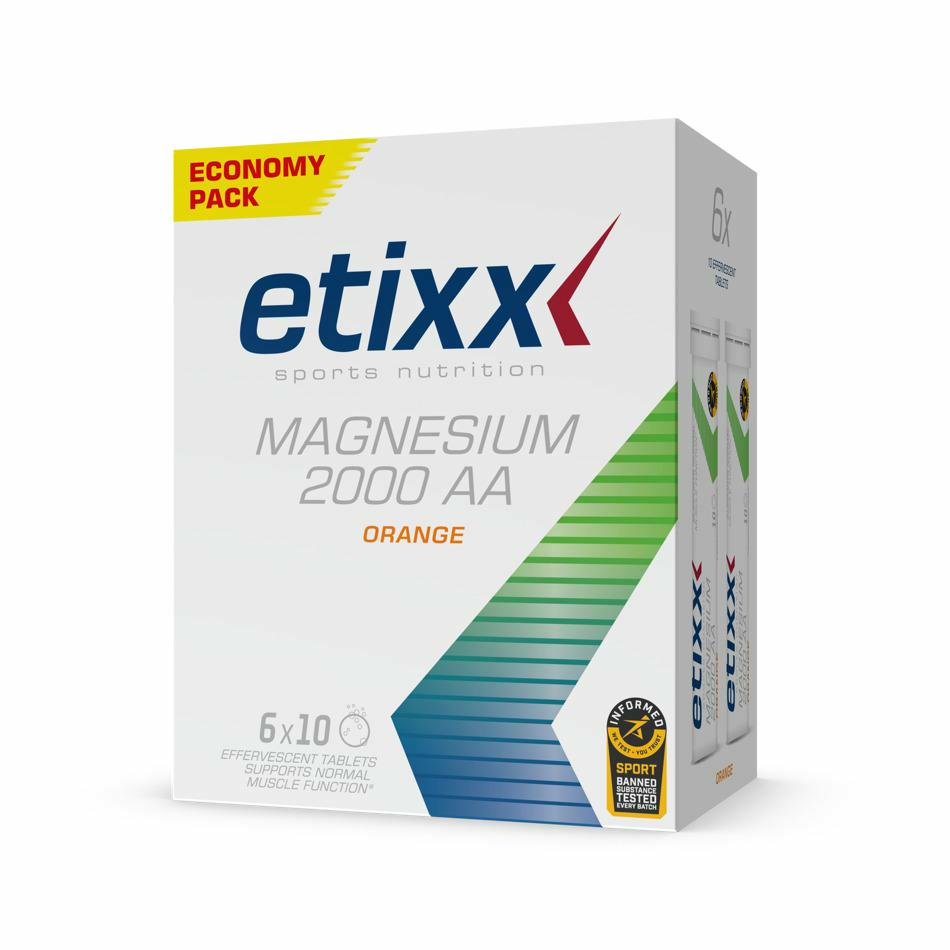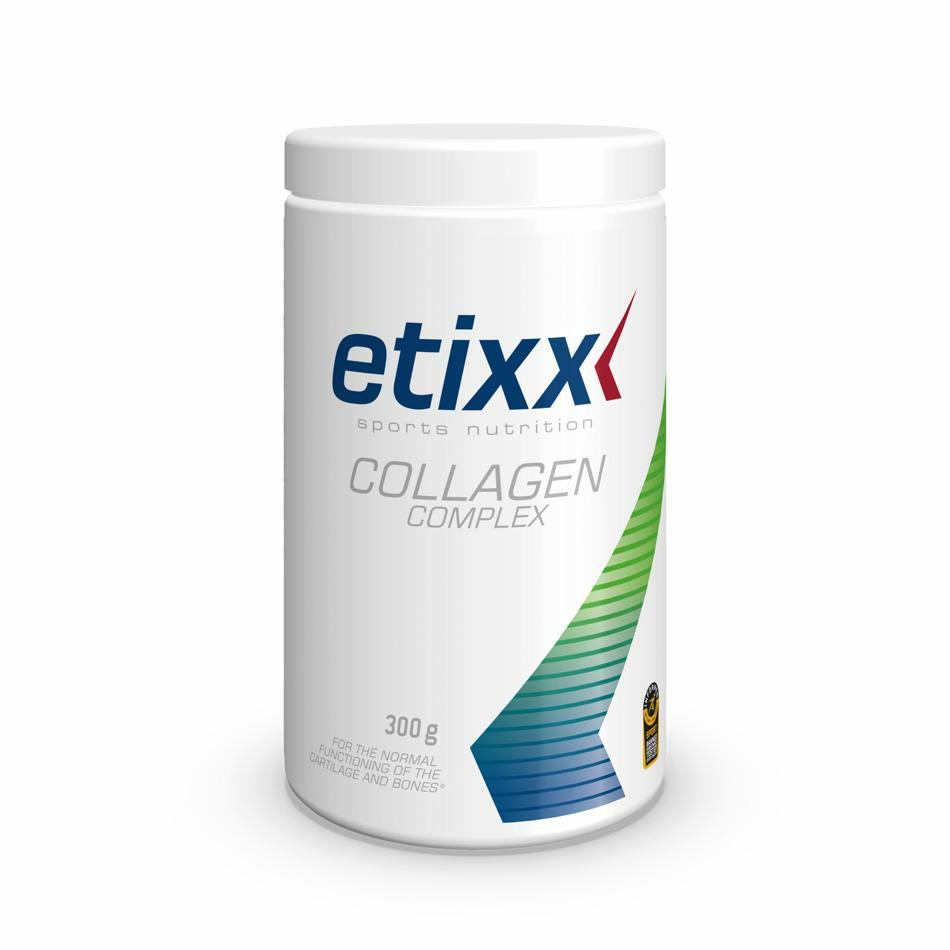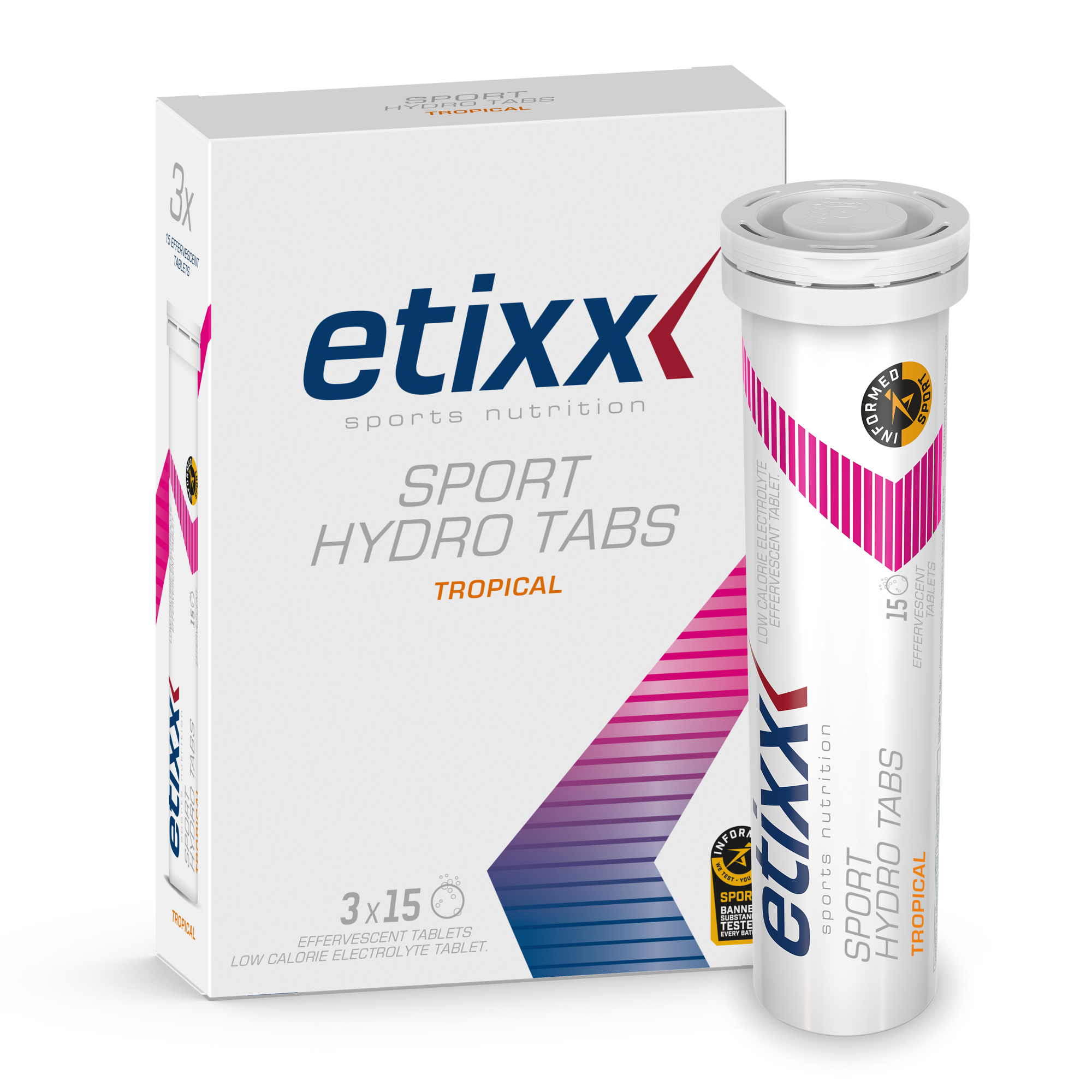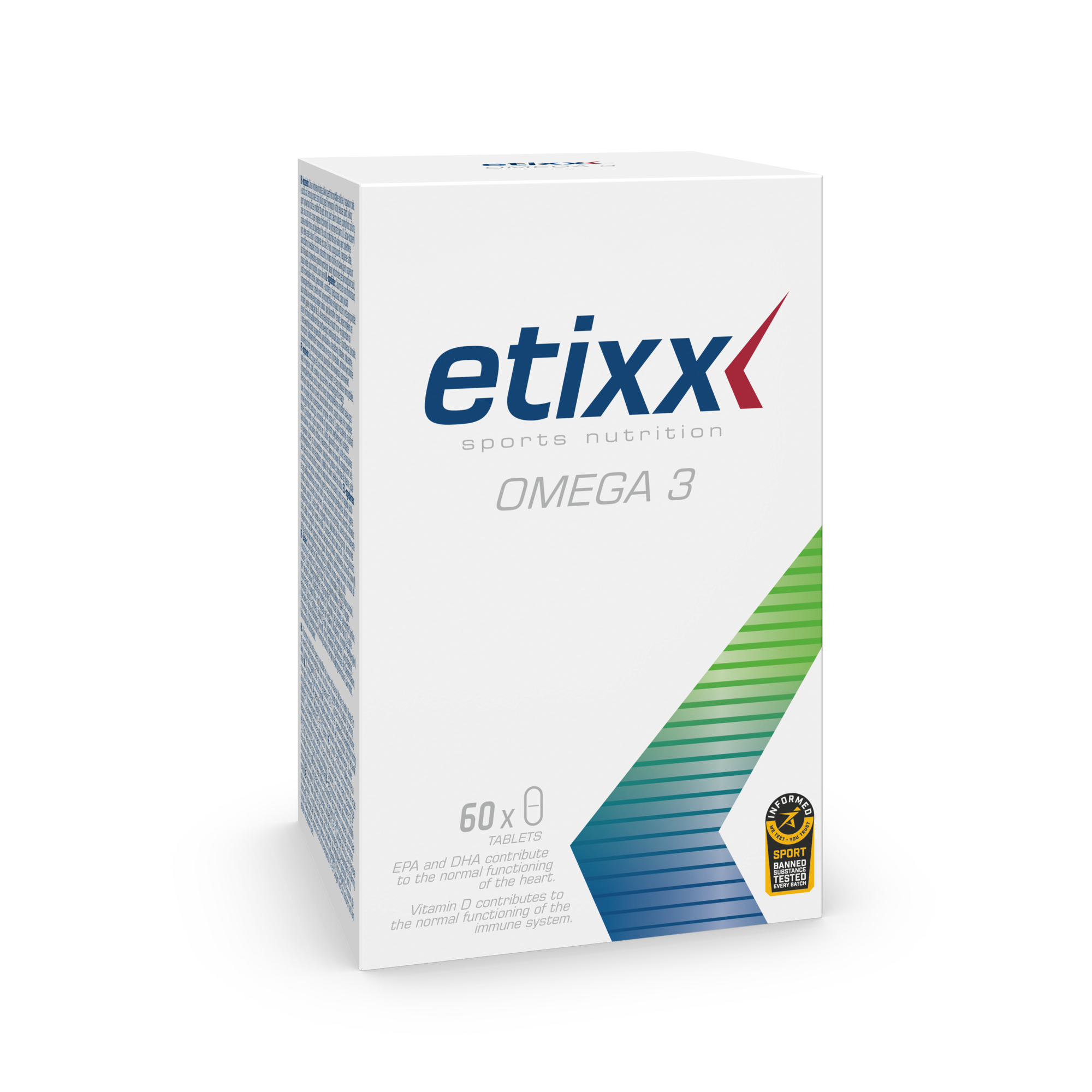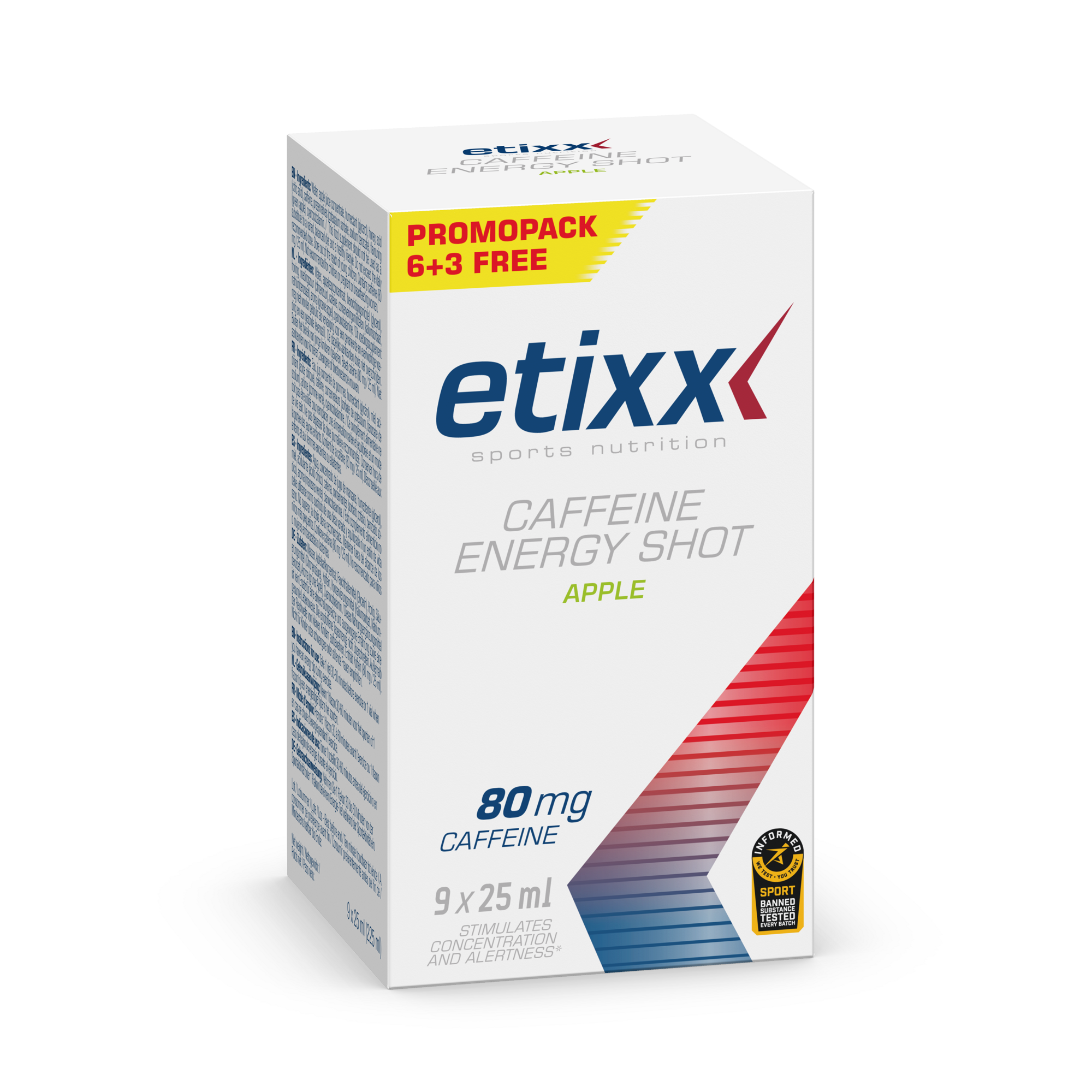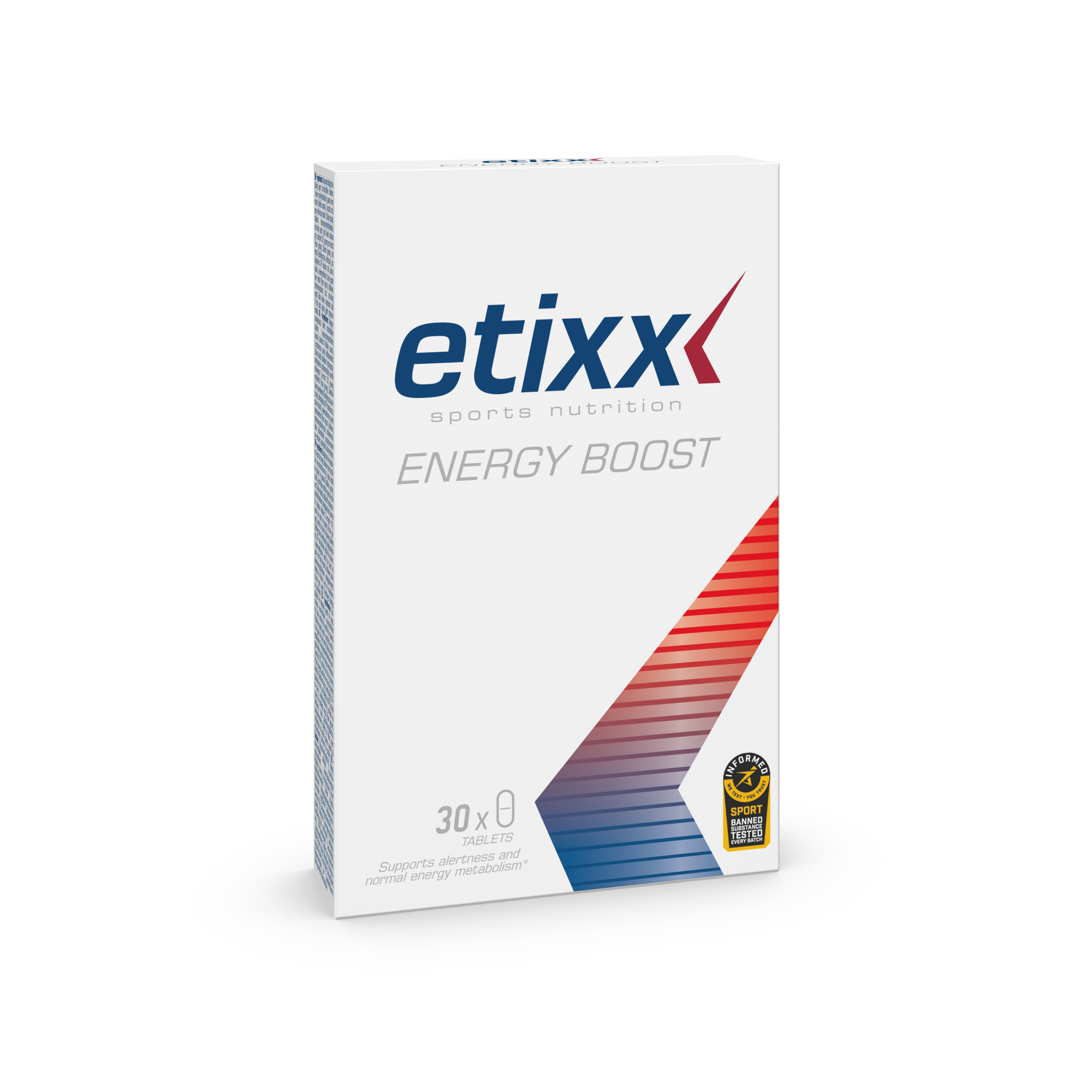Sports Nutrition Team Sports: Soccer
Become a better player - nutrition advice
For a team sport like football, you need endurance as well as technical skills and talent. Whether you are fighting for a place in the team or for your position on the pitch, hard work is the key to becoming a better player. An efficient training schedule and a healthy diet will help you to achieve your goals.
Endurance, agility and speed
All players have one thing in common, whether they play competitively or fight not to lose the match: they want to win every match. Team play, agility and speed are some of the most important requirements for success, but endurance must not be forgotten. Did you know, for example, that professional footballers run 13 km every match, of which 800 to 1200 m are short sprints?
Keeping up intensity
A training session or match can leave you physically exhausted. A healthy diet is essential to helping your body to prepare for such intensive physical activity. Due to the characteristic property of many team sports, viz. the combination of endurance with short bursts of energy, there is a particular need for creatine phosphate and anaerobic energy sources (energy that can be produced without using oxygen).
Are you unsure which foods you should eat? Are you looking for a way to change your nutrition habits so that you can become a better player? Etixx products are developed by a team of scientists who work together closely with top athletes in order to be able to guarantee the best results. A specific diet that is designed to allow you to access your energy reserves directly will help you to play energetically for the whole game.

Daily nutrition advice for footballers
Every footballer has a set of personal needs depending on his or her objectives, condition, experience with sports nutrition and specific problems. Excluding these personal effects, we have found a lot of similarities between the members of our teams, including AA Gent, KRC Genk, RSC Anderlecht, KV Mechelen & KV Oostende and all of the football lovers who have been involved in the testing of our products.
In general, footballers require more vitamins and minerals because of the exercise they do. Due to overworking and excess fertilisation, our agricultural land has been degraded, so that fruit and vegetables now contain less vitamins and minerals than roughly 50 years ago. This lower level of vitamins and minerals, combined with lower consumption of fruit and vegetables in general, means that footballers have to pay extra attention to this. For this reason, extra supplements are highly recommended.
Eat and drink before exercise in order to make the best possible gains.
Our level of performance is directly proportional to our loss of moisture. It is important to start your training sessions properly hydrated. Pre-hydration starts the day before exercise, and mainly involves drinking water. The colour of your urine is a good indication of whether you are sufficiently hydrated. Dark yellow urine is a sign that you have not drunk enough. A light yellow colour indicates that you are well hydrated. During the meal before your session (3 hours before) or 10 minutes before the exercise, you can drink a sports drink to hydrate and get some extra carbohydrates.
Eat and drink something during exercise in order to gain as much performance as possible.
The amount of moisture that you will lose during exercise depends on duration, intensity, genetics, body size and various environmental factors such as humidity and temperature. It is therefore not entirely clear how much you should drink while exercising. A very good way to determine how much moisture you need to consume is to use some scales on a day during which you will be training. Weigh yourself before and after training, and multiply the lost weight by 1.5. The outcome is the quantity of fluid that you need to consume in order to compensate for what you lost as sweat.
In order to perform during long periods of exercise, the muscles must have enough glycogen, and that is why it is important to consume carbohydrates while training and replenish these reserves. If no carbohydrates are consumed during long periods of intensive exercise, glycogen in the muscles will become depleted after 90 minutes. The table below shows how much carbohydrate must be consumed, because requirements depend on the duration of the exercise:
| <1h | No additional carbohydrates required |
| 1-2h | 30g per hour |
| 2-3h | 60g per hour |
| >2,5h | Up to 90 g per hour |
You can choose to consume carbohydrates during exercise in liquid, semi-liquid or solid form. The more liquid the food, the faster the carbohydrates will be absorbed during exercise. In stress situations, preference is always given to liquid sources of carbohydrate, because our digestive system does not work optimally when we are under stress.
Eat and drink something after exercise in order to recover as quickly as possible
Proper recovery after training is crucially important, because strangely enough, your body gets stronger and fitter after exercise, not during. In line with the motto “You’re only as good as your last recovery”, it is important to pay attention to what you eat and drink after exercise. This determines how much you will gain from your training. Often, you have to drive or catch a bus, or rush to your next appointment, so you do not immediately supply your body with the building materials it needs to ensure proper recovery. This can cause you to start your next training with fatigue, potentially causing you to enter a negative spiral. This can result in delayed progress, or even injury. What you should do, is provide your body with fuel and the right nutrition as fast as possible.
Advanced plan
For those who are ready to take it a step further and are aiming for challenges that are just within their potential. The products below can help you with this depending on your goals.
Sign up for our newsletter and receive a 15% discount in your mailbox
Search

